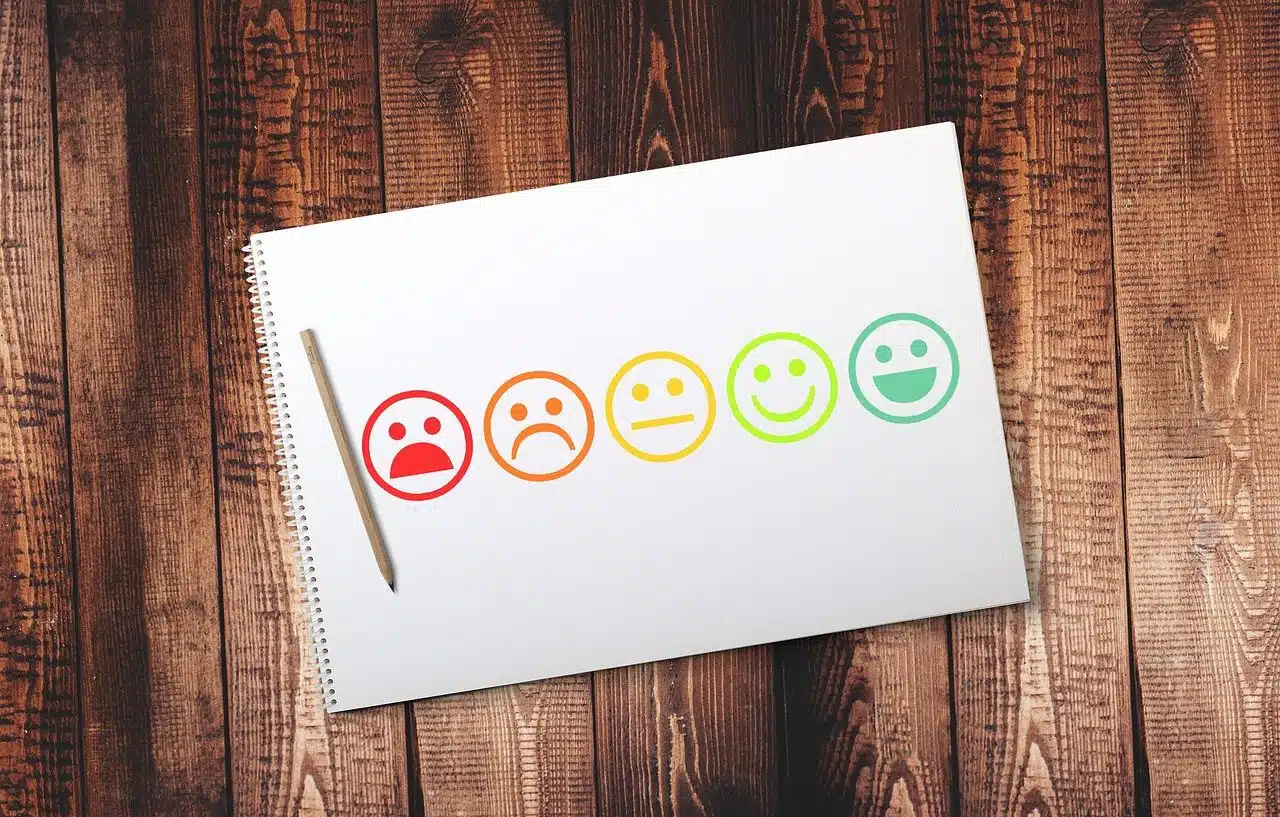
A firm and lasting bond characterizes the trustworthiness between people and animals.
Reliability is the ability of a system, product or service to perform its functions with consistency and predictability over a given period of time and under various conditions. In other words, it is the extent to which one can depend or trust that something will work as expected without experiencing significant failures or interruptions. It is crucial in a wide range of fields, from engineering and technology to business and interpersonal relationships.
personal sphere
Reliability in the personal sphere and relationships plays an essential role in building solid and lasting bonds . This concept is based on a series of values and behaviors that are necessary to establish a basis of mutual trust and respect .
Honesty
Act truthfully in all interactions. An honest person is one who communicates frankly and directly , without hiding information or manipulating reality. Honesty is a fundamental pillar to generate trust in personal relationships.
Loyalty
A firm commitment to another person, group or cause. It can be used as a synonym for fidelity . It involves being present and supporting others through difficult times, demonstrating an unwavering interest in their well-being and happiness.
Commitment
Dedication and willingness to fulfill promises and responsibilities to others. In personal relationships, a high level of commitment strengthens trust and leads to stability, as it demonstrates a genuine willingness to maintain and nurture the emotional connection with the other person.
Credibility
It is earned through actions consistent with words. A credible person is one whose actions reflect their values and principles, which generates trust in their integrity and sincerity in relationships.
Authenticity
It involves being true to oneself and acting in a manner consistent with one's own values and beliefs. Authenticity in personal relationships fosters an environment of trust and mutual acceptance, as it allows people to show themselves as they are without fear of judgment or criticism.
Sincerity
It is related to emotional transparency and the honest expression of feelings and thoughts. Being sincere in personal relationships means communicating openly and directly, which helps establish a climate of trust and mutual understanding.
Integrity
Maintain coherence between what is said, thought and done. A person of integrity is one who acts in accordance with his or her moral and ethical principles, which generates trust in his character and reliability in personal relationships.

A trustworthy company must have impeccable credentials.
Business area
Reliability in the business environment is a critical factor that influences the perception and relationship that customers, business partners and society in general have with a company.
Reputation
The result of actions, decisions and behaviors over time. A strong reputation is based on the trust that the company has earned through consistently delivering high-quality products or services, meeting its commitments, and acting ethically.
Quality guarantee
The processes and practices implemented by a company to ensure that its products or services meet established standards and customer expectations. A commitment to excellence and consumer satisfaction.
Durability
The ability of a product or service to maintain its performance and quality over time. Durable products instill confidence in customers as they can depend on them to meet their needs for long periods of time without experiencing significant failure or deterioration in performance.
Legitimacy
The legitimacy of a company relates to its compliance with the laws, regulations and ethical standards established in its industry and in society at large. This inspires confidence in your customers and demonstrates your commitment to responsibility and transparency .
Continuity
The ability of a company to maintain its operations and meet its commitments over time, even in adverse situations such as economic crises or market changes. A reliable company is one that can adapt and persevere in the face of challenges , providing assurance to its customers and business partners about its long-term stability and reliability.
Regulation
The legal and regulatory framework that governs commercial activities. Trustworthy companies operate within the limits established by relevant regulations and comply with the legal and ethical requirements applicable to their industry. Appropriate regulation provides a safe and fair business environment for all parties involved, helping to strengthen trust in the business sector as a whole.

Feedback is a resource to evaluate the reliability of a product or service.
Evaluate reliability
Evaluating the reliability of systems, products or services is essential to guarantee their optimal functioning and user satisfaction . There are several tools and methods that are used for this purpose.
Evidence
They consist of subjecting a system, product or service to a series of conditions or situations to verify its performance and operation under different circumstances. They may include functional tests, stress tests and security tests, among others, with the aim of identifying possible failures or weaknesses .
Verification
It involves the review and confirmation that a system, product or service meets the requirements and specifications established during its development or manufacturing. This process ensures that the product or service is reliable and lives up to the user's expectations.
Audit
A systematic process of reviewing and evaluating an organization's processes, practices, and records to determine their conformity with specific standards, norms, or regulations . Audits can identify aspects to improve and ensure reliability and quality in all areas of a company.
Revision
Reviews are periodic or one-time evaluations of a system, product or service to detect problems or areas for improvement. They can be internal , carried out by company personnel, or external , carried out by independent experts.
Feedback evaluation
Feedback is the response that customers provide to the company about a system, product or service. Its evaluation consists of collecting and analyzing it following certain pre-established parameters and procedures. This feedback can help take corrective action to improve reliability and user satisfaction.
Testimonials
Statements or comments from users or customers who have used a product or service and share their experience and opinion about its quality. These testimonials can be a valuable source of information to evaluate the reliability of a product or service.
Certification and accreditation
Processes by which an independent entity evaluates and confirms that a system, product or service meets certain standards or specific requirements. Obtaining a certification or accreditation can be an effective way to demonstrate the strength of a product or service to users or customers.
